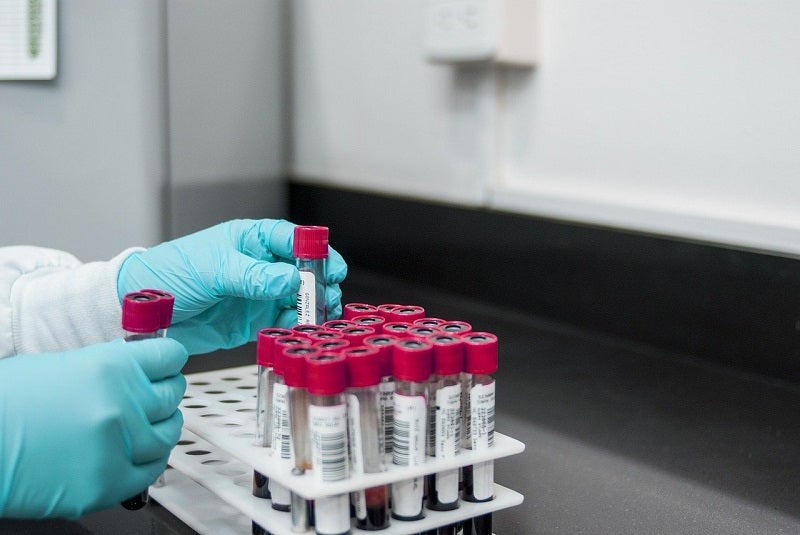
Australian company Opyl has developed new software that can forecast the outcomes of Covid-19 clinical trials using artificial intelligence (AI).
The trial predictor technology identifies the drugs, vaccines, diagnostics or medical devices that are most likely to succeed and improve clinical trials.

Discover B2B Marketing That Performs
Combine business intelligence and editorial excellence to reach engaged professionals across 36 leading media platforms.
In order to illustrate a ‘proof-of concept’, the company has applied the software to the existing vaccines and therapies targeting the virus in a major proof-of-concept study.
The study has found that therapies show a much higher probability of success in clinical studies.
Opyl has so far identified the two vaccines most likely to succeed their current stage of development (Phase) compared to all others.
The study also found that antibody therapies can get a positive Phase III outcome over all other programmes.

US Tariffs are shifting - will you react or anticipate?
Don’t let policy changes catch you off guard. Stay proactive with real-time data and expert analysis.
By GlobalDataOpyl CEO Michelle Gallaher said: “We can see significant value in using the tool to inform clinical and treatment strategies, early procurement decision making and investments.”
“The early outcome of this software trial, investigating the 475 registered Covid-19 clinical trials related to vaccines or treatments, has delivered results that give us an indication of the power of the predictive platform in identifying the Covid-19 trials, or any drug or device trial, with the greatest chance of success.”
The Opyl software platform can work with drug and device development companies to refine their clinical trial approaches for improving outcomes of their clinical studies.
The AI platform makes use of existing and historical global data and considers all aspects related to the Covid-19 clinical trial.
As part of the platform’s next phase of development, the company will increase the data pool from additional clinical data sources and expand the variables to further train the algorithm.
Gallaher further added: “Although looking at the current pipeline of Covid-19 programmes is an initial application of the AI platform, we are not limiting ourselves to just Covid-19 trials.”
Opyl is currently discussing with companies and partners on other applications of the technology.





